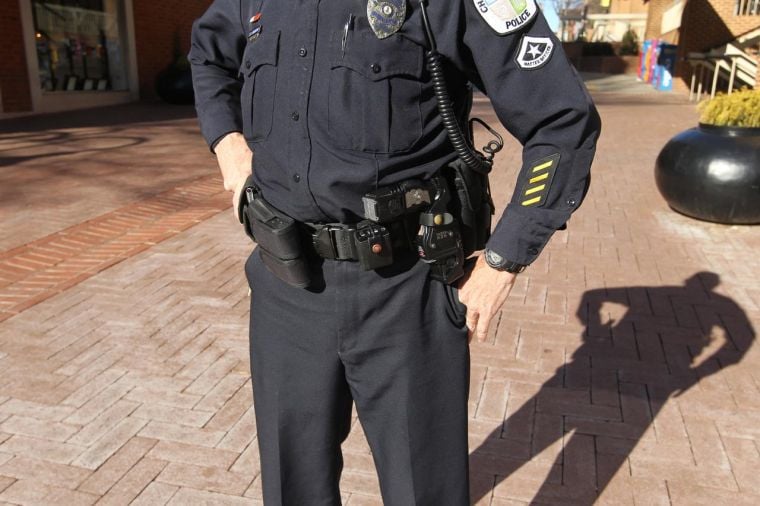

Hence rail routes from China to Europe have become an attractive alternative for transporting counterfeit consumer goods, for example.

They are also less scrutinised by officials and transporting more legal cargo than usual. Trains, on the other hand, have been running relatively unscathed. Yet there have also been drawbacks to maritime smuggling during the pandemic, including cargo congestion at seaports and reduced capacity because of coronavirus restrictions on vessels and crews. For example, the port of Antwerp in Belgium reports that cocaine shipments from Latin America have risen. In some cases, illicit trade on ships has increased. Shipping is more attractive because most seaports have continued to operate. Larger actors can often cope with the increased transaction costs, while petty smugglers sometimes end up getting pushed out of business. In the UK, criminals have been smuggling drugs in bulk because it’s harder to smuggle lots of smaller shipments. The seizures are also a sign of criminals taking greater risks because they can make higher returns on scarce goods. To some extent, illicit traffic will be more visible to authorities because legal trade flows have shrunk and there is additional checking at national borders. Yet the global trade in legitimate goods has declined sharply during the pandemic and is forecast to be down 10% year on year in 2020. The trade in illicit and legitimate goods are usually closely connected, with traffickers and smugglers often using legitimate goods to conceal their commodities – just like in the Italian amphetamine bust. These record seizures are puzzling, since they suggest that such activities are increasing. US border authorities recently confirmed that they had seized nearly a million units by the beginning of June. Meanwhile, the trade in counterfeit drugs and medical equipment has been in overdrive. In Hong Kong, customs officials seized record numbers of illegal shark fins in April and May, from an estimated 38,500 sharks.

At the port of Salerno, just south of Naples, they used chainsaws to open large cylinders of paper and industrial machinery that were inside shipping containers from Syria and found 14 tonnes of pills. On July 1, Italian police made the largest amphetamine seizure in the world.


 0 kommentar(er)
0 kommentar(er)
